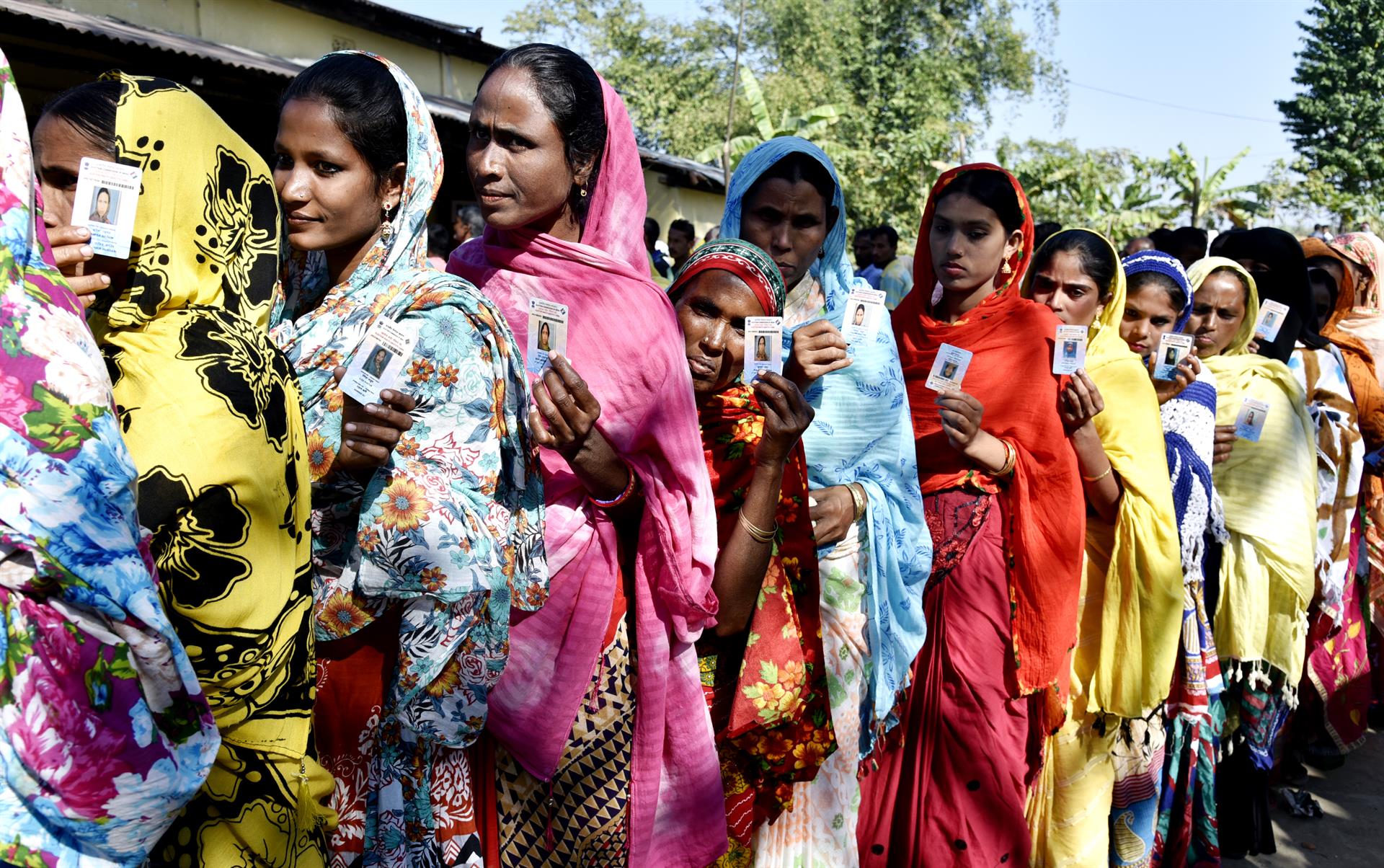‘Political Economy of Health Financing: how-to guide’ helps analyse key factors for health financing reform, emphasising stakeholder engagement and strategic approaches toward Universal Health Coverage (UHC)
The World Health Organization (WHO) releases the “Political Economy of Health Financing: How-to Guide,” a comprehensive resource designed to aid stakeholders in navigating the complexities of health financing reform. Recognising the significant impact of political economy factors on health financing trajectories, this guide provides a structured approach to analyse these influences and develop strategies to advance towards Universal Health Coverage (UHC).
This guide is part of WHO’s broader initiative on Political Economy of Health Financing Reform. It is not a toolbox or an exhaustive mapping of all potential political economy factors and strategies related to health financing reform. Instead, it offers a stepwise process for analysis, helping stakeholders understand the various elements involved. By evaluating the power, interests, and positions of stakeholders, as well as the institutions and contextual economic factors shaping the bargaining process, the guide assists in developing strategies to manage stakeholder resistance or support effectively.
Key Highlights:
- Structured Analysis: The guide lays out a systematic method for organizing and analyzing key political economy factors that can impact health financing reform.
- Stakeholder Engagement: It emphasises the importance of understanding stakeholders’ relative power and interests to navigate the politics of policy changes.
- Strategic Approach: The objective is to incorporate political economy analysis into health financing reform processes, supporting the adoption and implementation of policies to progress towards UHC.


